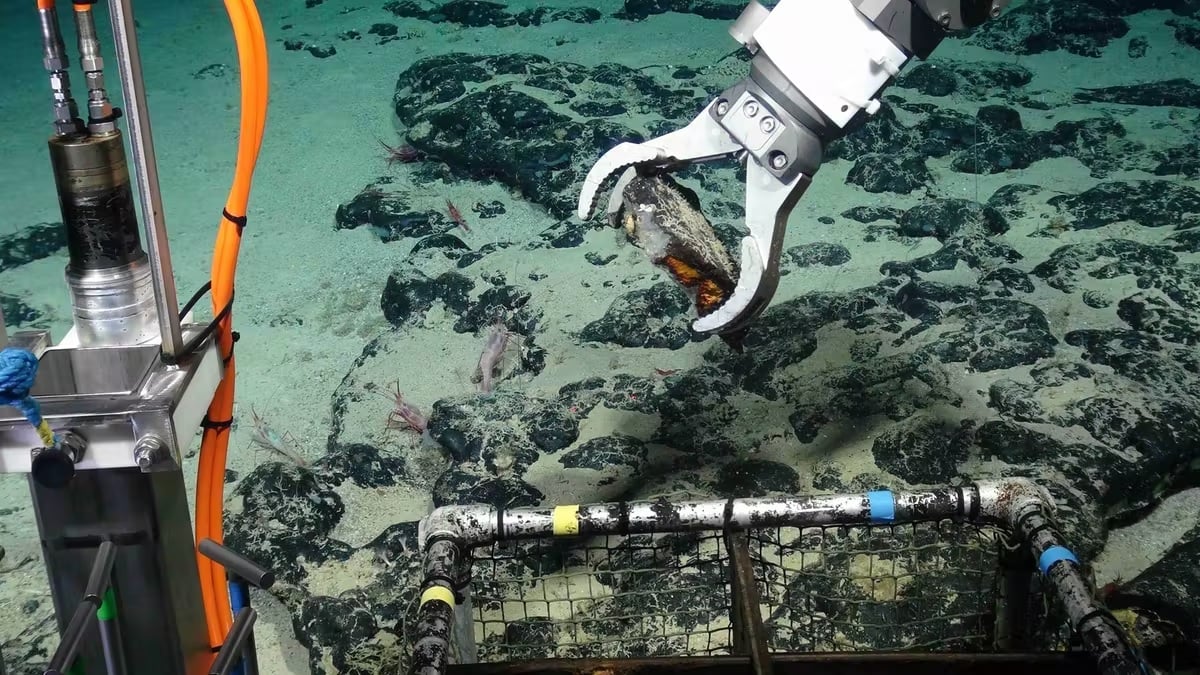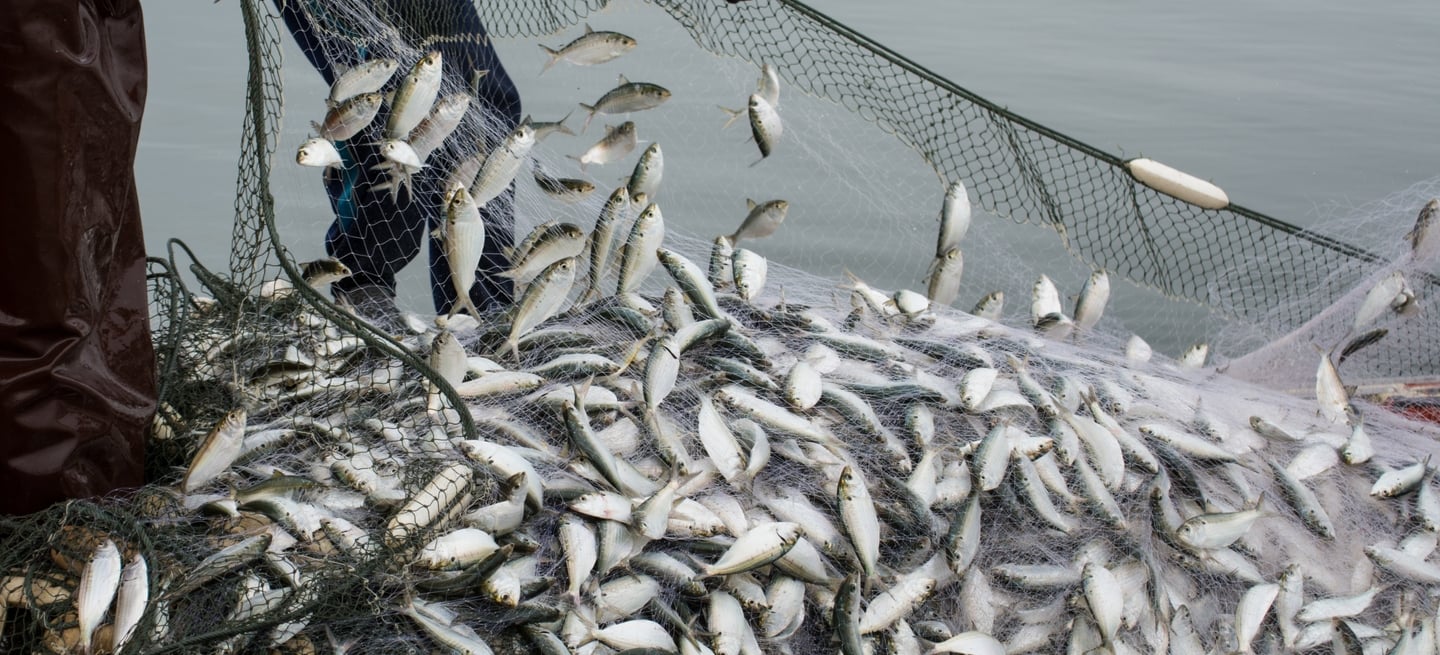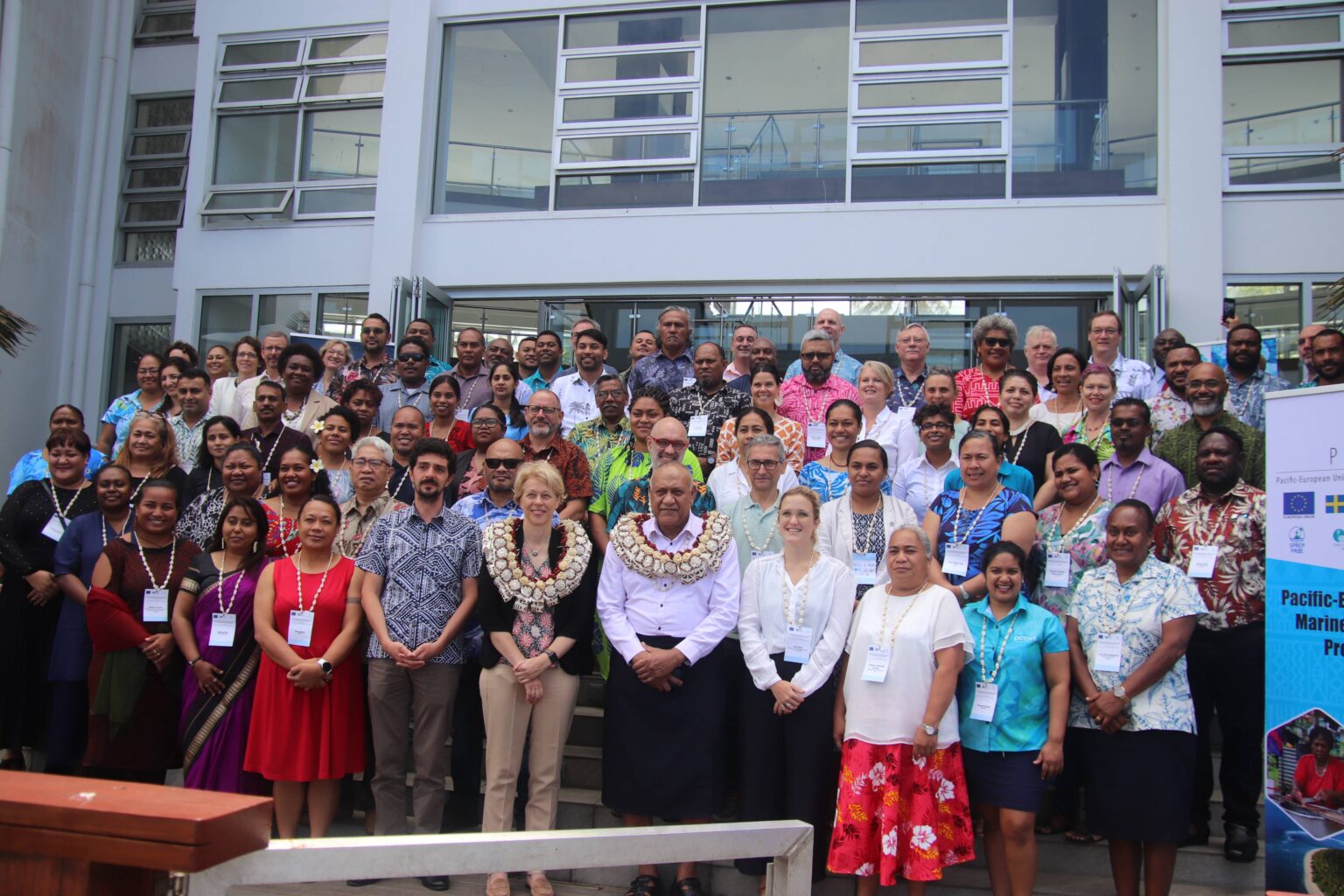“At the end of the day, we won’t eat money.”
An environmental activist in Papua New Guinea is calling on Pacific island countries to follow Fiji’s example in placing a moratorium on seabed mining in their Exclusive Economic Zone (EEZ).
The call comes as interest from foreign companies to prospect for minerals in the seafloor of the Pacific Ocean intensifies despite the recent failure of Canadian junior miner Nautilus Minerals to achieve a world’s first commercial seabed mining operation in Papua New Guinea.
“I support Fiji’s stand and urge other Pacific countries to follow Fiji’s example,” said Wenceslaus Magun, national coordinator for Mas Kagin Tapani Association (also known as Makata), a community based conservation organization in PNG.
“We must put in place moratoriums and make sure that everything – regulation, code of ethics, laws – are in place to ensure that seabed mining, if and when it happens, is going to be safe, healthy and friendly for the ecosystem as well as our livelihoods.”
Last year, Fiji became the first country in the Pacific to place a 10-year moratorium on seabed mining, limiting any associated activity only to exploration work, which is currently licensed to one operator, Korean Institute of Ocean Science (KIOST) Minerals South Pacific Ltd.
Last month, it joined 81 government and government agencies to support Motion 69 of the International Union for the Conservation of Nature (IUCN) Global Biodiversity Congress, hosted by France, which called on its 127 member countries to support and implement a moratorium on deep seabed mining and not to issue exploitation and exploration contracts until “rigorous and transparent impact assessments have been conducted, the environmental, social, cultural and economic risks are comprehensively understood, and the effective protection of the marine environment can be ensured.”
However, not all Pacific countries are inclined to follow Fiji’s lead as a number of them have already formed partnerships by sponsoring companies to do exploration and mining work in international waters reserved for deep sea mining and administered by the International Seabed Authority (ISA).
ISA’s latest data on “reserved areas” show that Cook Islands, Nauru, Tonga and Kiribati have taken advantage of the provisions in the United Nations Convention on the Law of the Sea (UNCLOS) to sponsor exploration activities in the reserved areas.
Each country has such a company prospecting on its behalf in the Clarion-Clipperton Zone (CCZ), a pocket of international waters bordering the territorial waters of Cook Islands, Kiribati, Nauru and Tonga and whose calculated resources is around 21 billion tonnes of polymetallic nodules rich in manganese, iron, nickel, copper, titanium and cobalt.
Cook Islands has taken its interest in seabed mining a step further by opening up its territorial waters to minerals exploration work as it seeks an alternative industry to tourism, which was heavily affected by the coronavirus pandemic.
Early this month, it appointed a seabed minerals licensing panel to handle exploration licensing, killing any hope of a moratorium as called for by environmental and conservation groups there.
PNG, which had its fingers burnt after losing US$120million in investments in Canadian miner Nautilus Minerals’ Solwara 1 project, is not out of the woods yet, considering the exploration licenses it granted Nautilus are valid and now held by Deep Sea Mining Finance (DSMF), a joint venture between Russian mining company USM Holdings Ltd and Omani conglomerate MB Holding Company, that brought Nautilus assets when the latter went into liquidation in 2019.
Following its acquisition of Nautilus’ assets, the company stated its ambition to become the first commercial miner of Seafloor Massive Sulfide (SMS), starting with its “high grade copper-gold Solwara 1 project in the territorial waters of PNG.”
“DSMF has already secured the exploration rights to 19 prospective SMS systems in PNG and 25 systems in the Kingdom of Tonga,” it said.
Magun stressed the need for Pacific islanders to be vigilant and wary of the push by foreign companies to come into the Pacific with the intention of plummeting the depths of its waters to look for minerals.
“Seabed mining has not happened yet in the world. Pacific islands are going to be used as guinea pigs for these developed nations. They need more resources to meet their own needs so they’re coming down to the Pacific Islands because they think we need money to survive, which we don’t. We have been living off our natural resources ever since God created us and put us on these islands in the Pacific,” he said.
“Regardless of which Pacific island country or which nation in the world, whenever you move to the sea in terms of seabed mining or commercial fishing, it affects the ecosystem, which in turn affects the food chain, meaning the most affected species from the impact of seabed mining would be humans because we sit at the top of the food chain. So whatever decision we make, we have to be careful because at the end of the day, we won’t eat money. When they have destroyed the marine ecosystem from your islands, you won’t get it back for millions of years, so be sure you consider that before you go into seabed mining, said Magun.
This story was produced with the support of Internews’s Earth Journalism Network.



